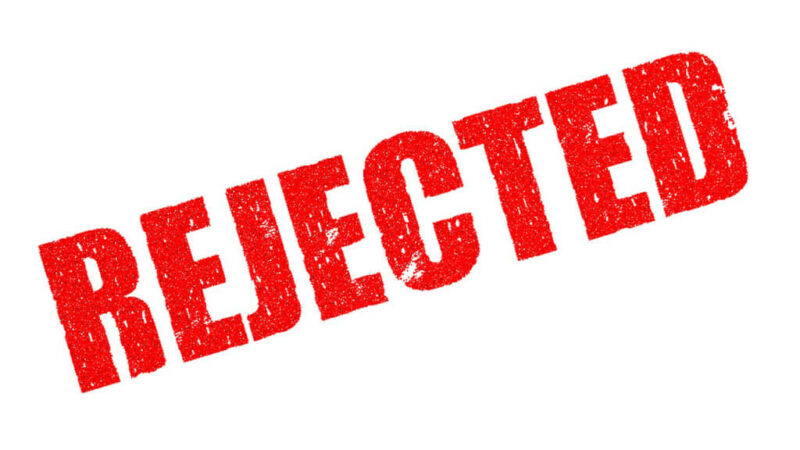Your Handbook to Choosing the Right Insurance for Your Small Business

Educate yourself on business insurance and how it can shield your company from financial and legal risk. In the event of a crisis, even the smallest businesses need to have some form of business insurance to provide both legal and financial security against liability.
Policies for liability insurance, businesspersons, business interruption, workers’ compensation, and cyber insurance are among the most common types of insurance purchased by businesses. Determine whether you want your protection to be fundamental or all-encompassing by conducting an assessment of your company’s assets, liabilities, and potential risks. This will help you select the most appropriate insurance policy for your company.
This article is for company owners and aspiring business owners who are interested in learning more about business insurance and which policy proposals they need to protect their companies. When it comes time to make financial choices for your new or existing small business, you might feel the urge to sign up for only the minimum amount of business insurance required by law to save money. This is a common practice. One uninsured accident, on the other hand, can result in expenses that far exceed your regular premium and even put your entire company out of business.
Because there are so many different kinds of business insurance, it can be difficult to determine which kinds are necessary for your company. Conduct an in-depth analysis of your company so that you can confidently choose the insurance policies that best meet your needs.
What Exactly is Commercial Insurance, and Why is It Necessary for Your Company to Have It?
You desire to be protected if something unfortunate occurs. Having adequate business insurance protects your company against suffering a financial loss in the event of a crisis or other unforeseen event. There is no such thing as universal business insurance; rather, there are many different kinds of insurance policies that can guard your company against potential risks. The precise mix of insurance plans that you require is going to be determined by the particulars of your business.
According to Phil Crippen, CEO of John Adams IT, who was quoted in an article about business insurance, “Business insurance assists in legal payment, claims, workers’ issues, and commercial properties if anything goes wrong as a result of your business activities.”
Many times, the advantages of having insurance are connected to being protected monetarily and legally. You can be protected from a wide range of financial setbacks by purchasing insurance, such as when an employee sustains an injury, when your office complex burns down, when your company is sued, or when a business partner dies. If you have the right kind of commercial insurance, it will be easier for you to recover and keep running your business.
According to Seth Morton, proprietor of Morton Insurance, “You identify what the proper insurance is going to be as a company owner.” “Insurance as a whole is nothing more than an agreement between an insurance company and the insured to compensate the insured for financial losses.” An owner of a company needs to conduct a risk assessment to decide what aspects of their company should be covered by insurance. After the parameters have been defined, the owner can assess the insurance costs in comparison to the possibility of suffering a loss. If you are sued for a claim that is covered by your insurance, you should make use of the legal defense that your policy offers to pay for any fees associated with your defense.
What Aspects of a Company Are Covered by Commercial Insurance?
A multitude of scenarios can be covered by business insurance. Coverage can range from the most fundamental to the most comprehensive; therefore, you will want to select the coverage that protects your property, people, and business processes to an adequate degree. The following is a list of the typical components of a company that insurance can protect and cover:
- The lives of those responsible for running the company
- The lives of important employees
- The lives of a particular workforce
- Disability coverage for both the long and short terms for owners and employees
- Responsibility for injuries sustained by business owners and staff members
- Protection for structures and equipment against accidents and damages to their property
- Accountability for and damage to business assets relating to transportation
- Liability for products
- Insurance coverage for employees in the event of illness or injury
- Compensation for lost wages due to work-related injuries provided by the employer
How Do You Evaluate Which Types of Coverage Your Company Needs to Protect Itself?
Your company’s specific requirements, in addition to the laws that govern your state and your sector of the economy, should guide your search for the most appropriate insurance policy. You will need to conduct a comprehensive review of your company to ascertain the kinds of insurance coverage that are appropriate for you. It is always a good idea to consult with an insurance professional to determine the optimal combination of coverage for your company to maintain legal compliance and ensure financial security. Follow these instructions to get the ball rolling:
Conduct an Assessment of Both Your Legal Duties and the Assets of Your Business
You should begin by conducting a thorough analysis of your company and its assets to determine the scope of the protection you require from your insurance policy. Which types of insurance are obligatory for you to carry under the law, and in which areas do your supplemental liabilities lie?
For instance, Morton mentioned that a manufacturing business might want to protect its employees from the risk of injury, while a jeweler might be more concerned with preventing theft. To comply with the law, the owners of a massive distribution corporation would insure their inventory in addition to their employees. According to Morton, ” business owners should discuss with specialists in the province where they conduct business to evaluate what to insure”
Evaluate Your Risk
Conduct an assessment of the additional risks and responsibilities you face. This will assist you in determining which insurance policies will provide your company with the appropriate level of protection. For instance, if your company is located on the ground floor of an office building in an area that is prone to flooding, you will probably want to purchase comprehensive flood insurance. On the other hand, a company that operates in a hazardous industry will probably want to purchase insurance to cover the risk that its employees will be injured on the job.
According to Morton, “in most cases, a cautious examination of the company’s operations, which includes human resources and facilities, helps determine where the risks are and what ought to be insured.”
Morton continued, “There is the concern of succession planning, which goes beyond what might be called coverage for the business’s continued operation. What is the plan if an owner passes away or becomes unable to work, and how is it financially backed? It is a part of their company that they frequently overlook, and to set it up correctly, they need the assistance of a professional.
Determine the Level of Coverage That You Desire for Your Insurance Policy
You may require either the most fundamental level of coverage or comprehensive coverage, the latter of which protects you against every conceivable form of financial loss. Consider the magnitude of the financial impact that the loss would have, and evaluate the likelihood that it will occur. This will reduce the likelihood that you will overpay for coverage that you don’t require or skimp on the insurance that is essential to your safety and security.
Select the Right Insurer
There are many different kinds of insurance companies. Policies, premiums, and coverage can all vary, so it is crucial to do your homework to find the one that will protect your company the best. Pick a few of the best service providers and evaluate them based on the policy coverage, cost, dependability, customer service, and claims processing they offer. This will assist you in locating the most suitable insurer for your company.
Putting Your Company in a Position to Be Successful Over the Long Term
Insurance for one’s company is an absolute necessity for any business. Because of the protections it offers, your business has a better chance of having a claim paid for by its insurer rather than being forced to pay the claim out of its funds, which could lead to severe financial strain for the business. Getting the appropriate policies will guarantee that you are protected against the claims that are most likely to be filed against you.



